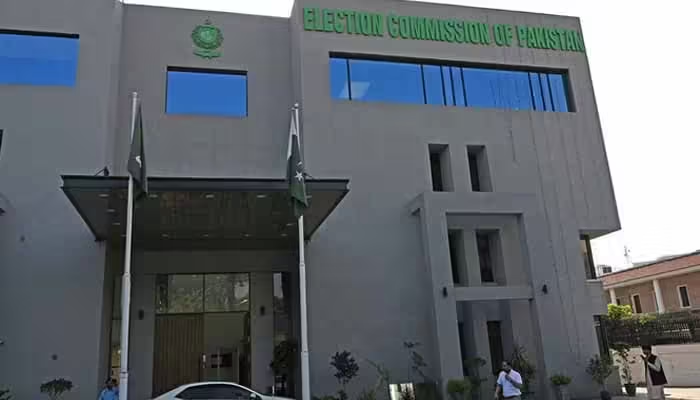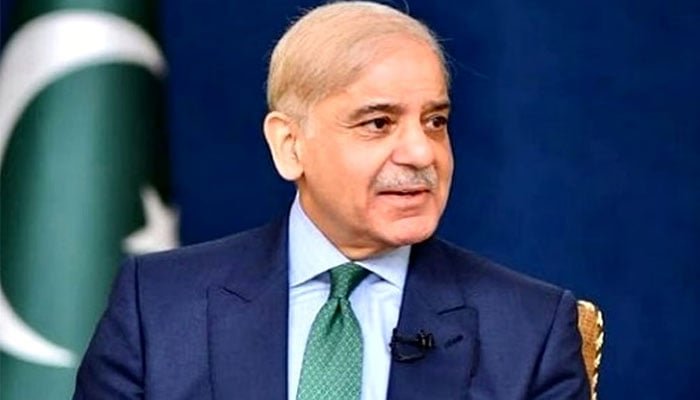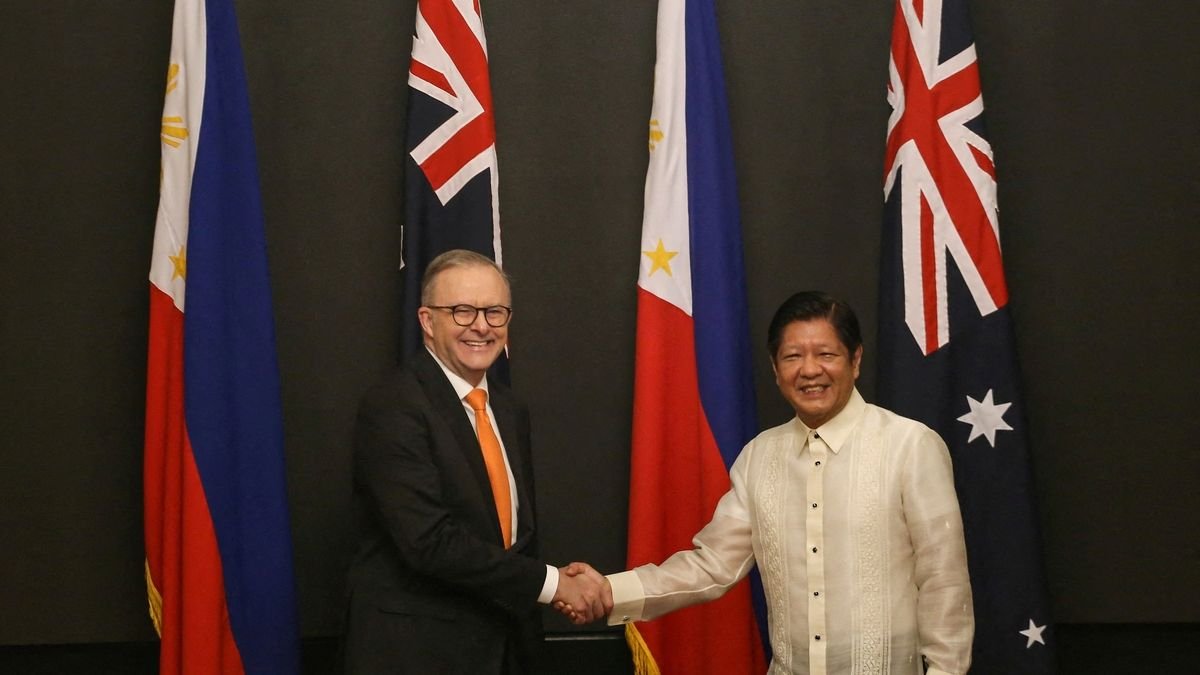The Election Commission of Pakistan (ECP) has taken a significant step towards transparency and accessibility by uploading key judicial decisions on its official website. These decisions pertain to intra-party elections within political parties and rulings on specific seats, which are crucial for public awareness and informed analysis.
Key Decisions Uploaded
The Election Commission has made available several important decisions, including:
PTI Intra-Party Election:
- December 2023 Decision: This document outlines the ECP’s verdict regarding the Pakistan Tehreek-e-Insaf (PTI) intra-party election held in December 2023.
- Peshawar High Court Ruling: The decision by the Peshawar High Court concerning the same PTI intra-party election has also been made available. This ruling is essential for understanding the legal scrutiny and implications of the election process within PTI.
Supreme Court Ruling on PTI Intra-Party Election and Election Symbol:
- January 13 Decision: This decision by the Supreme Court addresses issues related to the PTI intra-party election and the allocation of the party’s election symbol. The Supreme Court’s involvement underscores the importance of these intra-party processes in maintaining democratic norms within political entities.
Sunni Ittehad Council Specific Seat:
- ECP Decision: The Election Commission has also uploaded its ruling on a specific seat pertaining to the Sunni Ittehad Council. This decision is part of the broader effort to ensure transparency in how specific seats are managed and contested.
Purpose and Impact
The Election Commission’s decision to publish these rulings serves multiple purposes:
- Transparency: By making these decisions publicly accessible, the ECP aims to enhance transparency in electoral and intra-party processes. This transparency is crucial for building public trust in the electoral system and the decisions made by the Election Commission and the judiciary.
- Informed Analysis: Political analysts, researchers, and the general public now have access to primary documents that can inform their understanding and discussions about specific electoral matters. This access is particularly valuable for those providing expert opinions and analysis on electoral issues.
- Public Awareness: The availability of these documents empowers citizens to be better informed about the legal and procedural aspects of elections and intra-party democracy. It demystifies the often complex legal decisions and makes them accessible to a broader audience.
Importance of Intra-Party Elections
Intra-party elections are fundamental to the democratic functioning of political parties. They ensure that leadership positions and candidate selections reflect the will of the party members. However, these processes can sometimes be contentious and subject to legal challenges. The publication of decisions related to intra-party elections helps in understanding how these internal processes are regulated and adjudicated.
Challenges and Future Directions
While the ECP’s move to publish these decisions is commendable, it also highlights the challenges within the electoral and judicial systems. Ensuring compliance with court rulings, addressing intra-party disputes, and managing specific seats require ongoing vigilance and robust mechanisms.
The Election Commission, along with the judiciary, plays a pivotal role in safeguarding the integrity of these processes. Future efforts could include further enhancing the accessibility of these documents through summaries and translations, and conducting public awareness campaigns to educate citizens about their significance.
The Election Commission of Pakistan’s initiative to upload key judicial decisions on intra-party elections and specific seats marks a significant stride towards greater transparency and accountability. This move not only facilitates informed analysis and public awareness but also reinforces the importance of adhering to democratic principles within political parties. As the ECP continues to navigate the complexities of electoral management, such measures will be crucial in maintaining the integrity and trust in Pakistan’s democratic processes.



